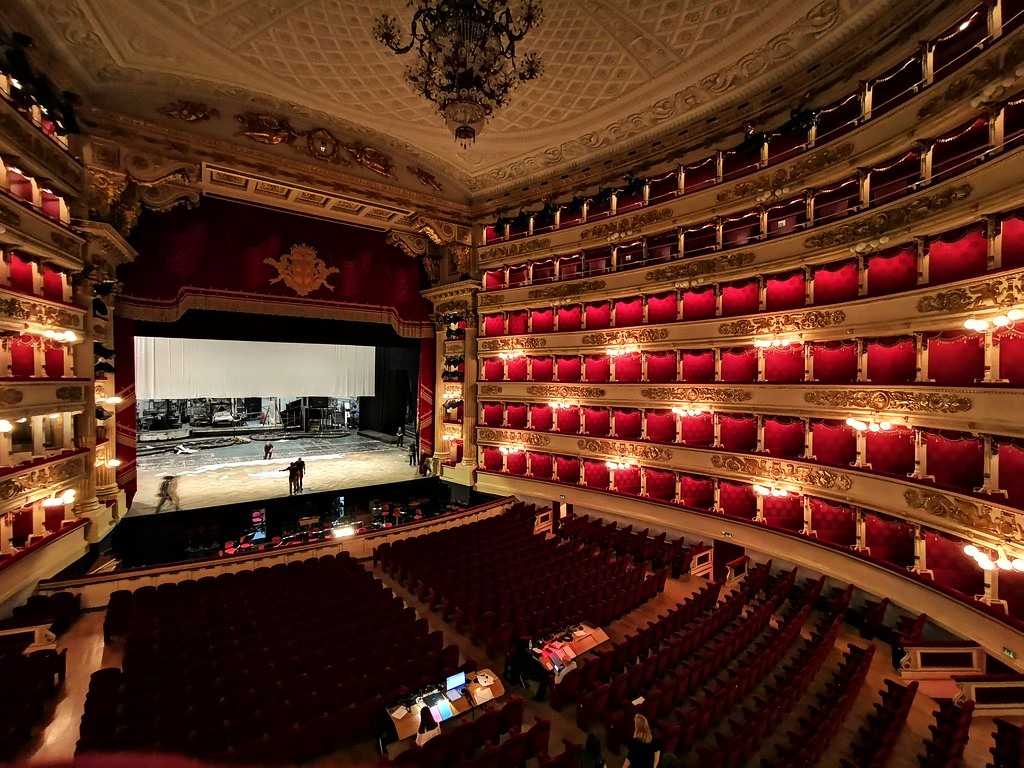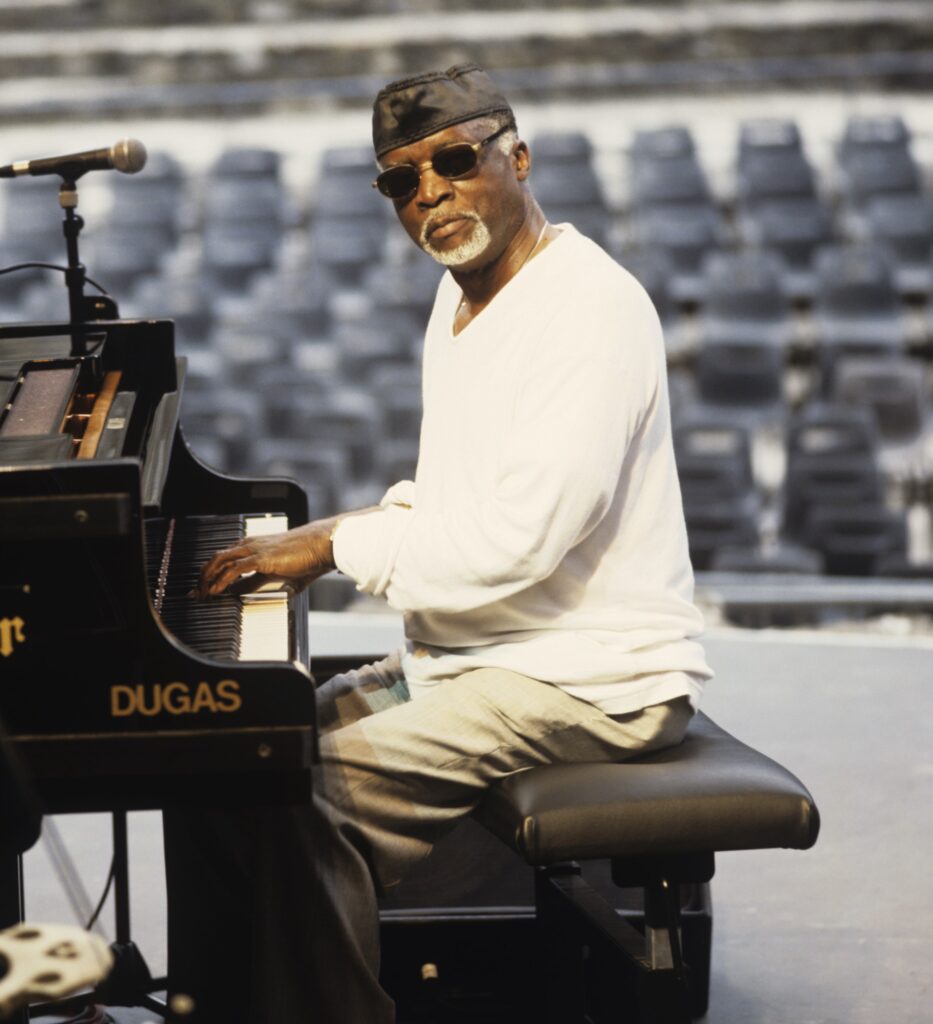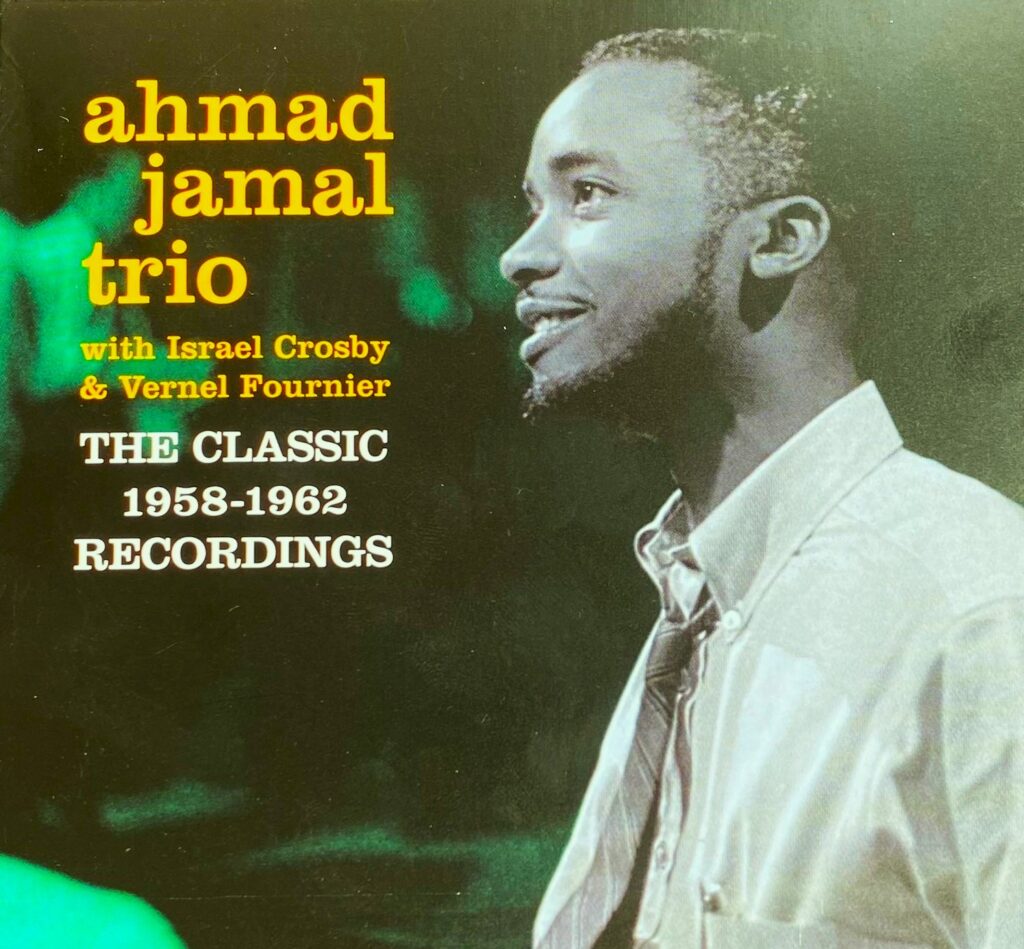
While the term “opera house”, as a designation of a specific architecturally and institutionally consolidated venue for musical theater works, differs in content rather strictly from the genre-oriented term “opera”–both terms, at least in the European and American language areas, have been closely linked. Part of this is due to an overlap in everyday language and administrative terms where the word “opera” has been used in the official naming of musical theater institutions since the 19th century. Even today, terms such as “state opera”, “state theater”, “music theater”, and “opera” indicate the complex history of the opera house and its relationship to theater construction, urban planning, the opera genre, music theater composition, and the direction of state and city institutions.
Conversely, a convergence of the two terms can also be seen in the social and cultural science-oriented historiography of musical theater, which subsumes under opera not only aspects of composition history but also the institutional and architectural developments of opera houses. This is first and foremost due to the epoch-changing and distinctive social contours of the opera as a courtly or bourgeois institution, whose practical norms and aesthetic innovations can be linked to the architecturally fixed spatial layout of opera houses.
Additionally, comprehensive aesthetic reconceptions of musical theater such as Richard Wagner’s Gesamtkunstwerk also represent important impulses for greater consideration of the opera house as an architectural space. While more recent scientific emphasis on the symbolism and practical theatrical relevance of opera house architecture can be explained via the turn to cultural studies and praxeology, the reorientation of popular opera, evident since the post-war period, was based on individual venues or with a strong concentration on opera as a spatially bound artistic practice due to the reconstruction of opera houses after World War II.
Read the entire article on the opera house as part of the brand new Free Article feature on MGG Online. New free articles will be updated regularly.
Below is a video on the architectural and cultural history of the Teatro alla Scala (pictured above), a well-known opera house in Milan, Italy. If you don’t speak Italian, turn on the captions function for an English translation.





